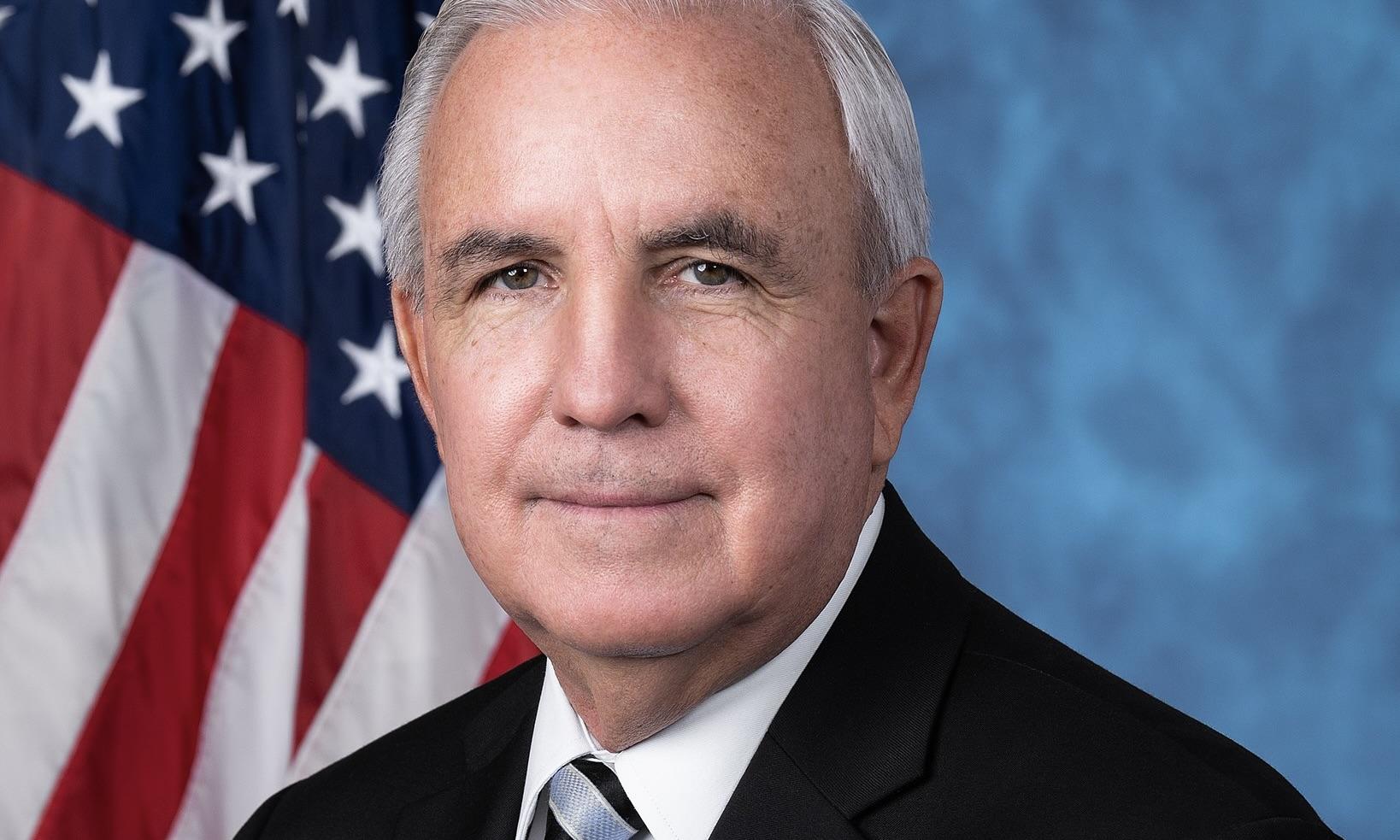President-elect Donald Trump's recent statements about potentially reclaiming U.S. control over the Panama Canal have ignited a debate about the strategic waterway's management. Trump criticized Panama for imposing "ridiculous" fees on American vessels and expressed apprehension about possible Chinese influence over the canal's operations.
Gimenez's Perspective on Canal Control
Representative Carlos Gimenez (R-FL) has voiced support for Trump's concerns, emphasizing the strategic importance of the Panama Canal to U.S. national security. In a recent interview, Gimenez highlighted the growing presence of Chinese entities in the region, stating, "China has a way of trying to either buy or coerce different influencers or politicians to do their bidding." He pointed out that Chinese companies manage ports at both ends of the canal, raising alarms about potential implications for U.S. interests.
Historical Context and Current Dynamics
The United States constructed the Panama Canal in the early 20th century and maintained control until 1999, when it was handed over to Panama under the Torrijos–Carter Treaties. Since then, Panama has managed the canal, which remains a vital conduit for global maritime trade. Recent years have seen increased Chinese investment in Latin America, including infrastructure projects in Panama. This development has led to concerns among U.S. policymakers about China's expanding influence in the Western Hemisphere.
Public Reaction
The discourse surrounding the Panama Canal has elicited varied responses on social media platforms. Twitter user @TradeWatchdog commented, "China's involvement in Panama's ports is a strategic move; the U.S. should be cautious." In contrast, @GlobalTradeGuru noted, "International investments are common; not every Chinese project poses a threat." User @SovereigntyFirst expressed, "Panama has the right to manage its canal without external pressure."
Meanwhile, @USSecurityHawk remarked, "Allowing foreign control over critical infrastructure near the U.S. is risky." Additionally, @EconAnalyst tweeted, "The canal's fees are a matter of international commerce; unilateral demands won't help." Finally, @DiplomacyMatters opined, "Diplomatic engagement is essential to address concerns without escalating tensions."



 Pentagon Ends Military Education Programs With Harvard University
Pentagon Ends Military Education Programs With Harvard University  Trump Allegedly Sought Airport, Penn Station Renaming in Exchange for Hudson River Tunnel Funding
Trump Allegedly Sought Airport, Penn Station Renaming in Exchange for Hudson River Tunnel Funding  Nighttime Shelling Causes Serious Damage in Russia’s Belgorod Region Near Ukraine Border
Nighttime Shelling Causes Serious Damage in Russia’s Belgorod Region Near Ukraine Border  Trump Signs “America First Arms Transfer Strategy” to Prioritize U.S. Weapons Sales
Trump Signs “America First Arms Transfer Strategy” to Prioritize U.S. Weapons Sales  Japan Election 2026: Sanae Takaichi Poised for Landslide Win Despite Record Snowfall
Japan Election 2026: Sanae Takaichi Poised for Landslide Win Despite Record Snowfall  US Pushes Ukraine-Russia Peace Talks Before Summer Amid Escalating Attacks
US Pushes Ukraine-Russia Peace Talks Before Summer Amid Escalating Attacks  Trump Endorses Japan’s Sanae Takaichi Ahead of Crucial Election Amid Market and China Tensions
Trump Endorses Japan’s Sanae Takaichi Ahead of Crucial Election Amid Market and China Tensions  Trump Signs Executive Order Threatening 25% Tariffs on Countries Trading With Iran
Trump Signs Executive Order Threatening 25% Tariffs on Countries Trading With Iran  Missouri Judge Dismisses Lawsuit Challenging Starbucks’ Diversity and Inclusion Policies
Missouri Judge Dismisses Lawsuit Challenging Starbucks’ Diversity and Inclusion Policies  TrumpRx Website Launches to Offer Discounted Prescription Drugs for Cash-Paying Americans
TrumpRx Website Launches to Offer Discounted Prescription Drugs for Cash-Paying Americans  U.S. Lawmakers to Review Unredacted Jeffrey Epstein DOJ Files Starting Monday
U.S. Lawmakers to Review Unredacted Jeffrey Epstein DOJ Files Starting Monday  U.S. to Begin Paying UN Dues as Financial Crisis Spurs Push for Reforms
U.S. to Begin Paying UN Dues as Financial Crisis Spurs Push for Reforms  Iran–U.S. Nuclear Talks in Oman Face Major Hurdles Amid Rising Regional Tensions
Iran–U.S. Nuclear Talks in Oman Face Major Hurdles Amid Rising Regional Tensions  Jack Lang Resigns as Head of Arab World Institute Amid Epstein Controversy
Jack Lang Resigns as Head of Arab World Institute Amid Epstein Controversy  TrumpRx.gov Highlights GLP-1 Drug Discounts but Offers Limited Savings for Most Americans
TrumpRx.gov Highlights GLP-1 Drug Discounts but Offers Limited Savings for Most Americans  Ohio Man Indicted for Alleged Threat Against Vice President JD Vance, Faces Additional Federal Charges
Ohio Man Indicted for Alleged Threat Against Vice President JD Vance, Faces Additional Federal Charges  Trump Allows Commercial Fishing in Protected New England Waters
Trump Allows Commercial Fishing in Protected New England Waters 































